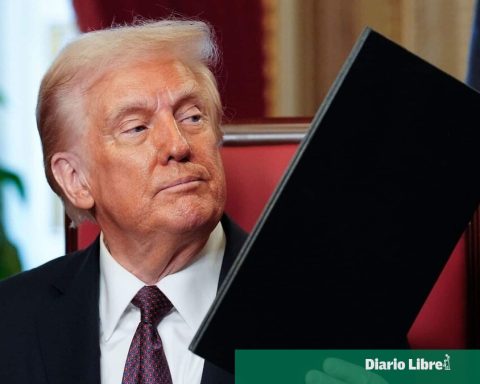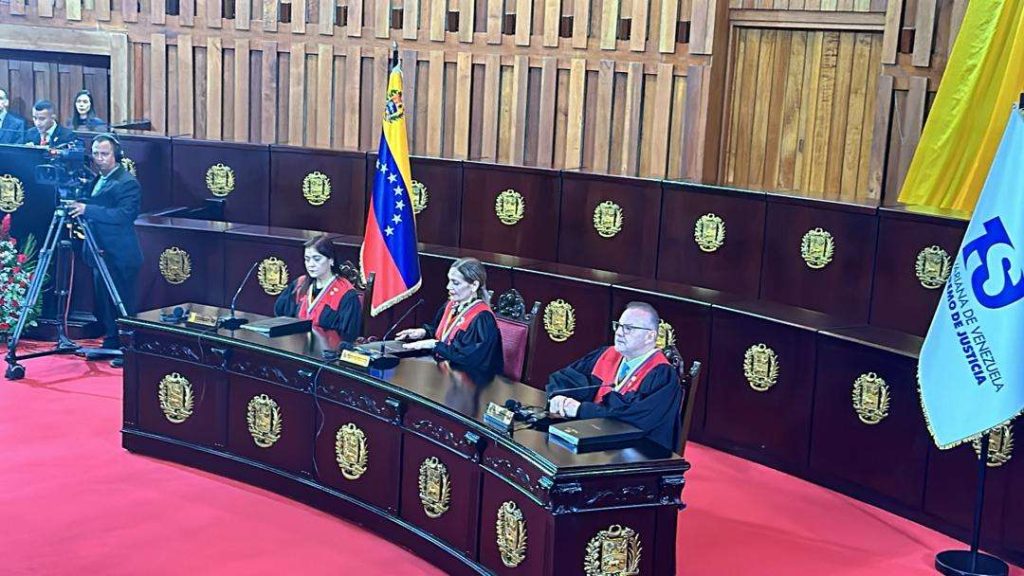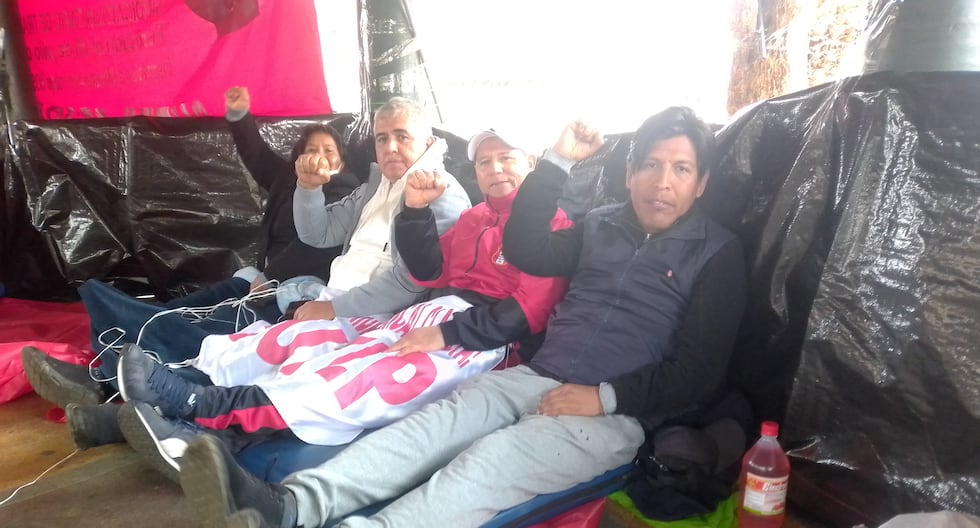Those were the dark days of the military dictatorship that began in 1976 in Argentina. In the federal prison in the city of Resistencia, Chaco province, Miguel Molfino offered me a cigarette and we walked through the “subversives” wing. We were both political prisoners at the time. Miguel always had interesting stories.
One night, perhaps in 1910, he began at a Paris train station, a Russian, a Czechoslovakian and a Spaniard spent the whole night talking until at dawn each one took a different train.
-And how did they manage to understand each other? – I asked, but he didn’t answer. Negro Velázquez, Churrete, Ñaná and Ñufi Ilde were discussing at one of the tables in the pavilion some statements made by General Videla, military president of the dictatorship at that time.
The Russian talked about politics and economics, the Spaniard, on the other hand, doubted everything and even argued with him about some things. The Russian predicted that there would be a war and the Spaniard laughed because that was impossible. Imagine… since the Crimean War nothing had happened in Europe, Paris was the centre of bohemian life… the thing is that the Czechoslovakian spoke little, almost nothing, and smiled at the Spaniard’s comments. You see how the “Galicians” like to use bad words…
We passed by Polaquito Lozina and Mordoqueo, who were discussing whether the American Sidne Rome had more “balloons” than the Italian Ornella Mutti.
I know you’re probably wondering what this story is about, but it has to do with the coincidences that shape the history of the world, he explained.
Over time, all the Russian’s alleged prophecies, which were predictions based on an analysis, were fulfilled, he added.
The guard ordered them to go to the cells.
-All three became very famous later. The Spaniard, who was Pablo Picasso and is the one who tells the anecdote, said that the one he could never forget was “that skinny Czechoslovakian, who hardly spoke and sometimes smiled, who listened attentively to the political and economic theories of that Russian whose nickname was Lenin; and even my outbursts of Spanish, and who was perhaps by far the most gigantic of the three, was called Franz Kafka” was the priceless ending of that story.
The entrance Prison memories was first published in elCaribe newspaper.
















